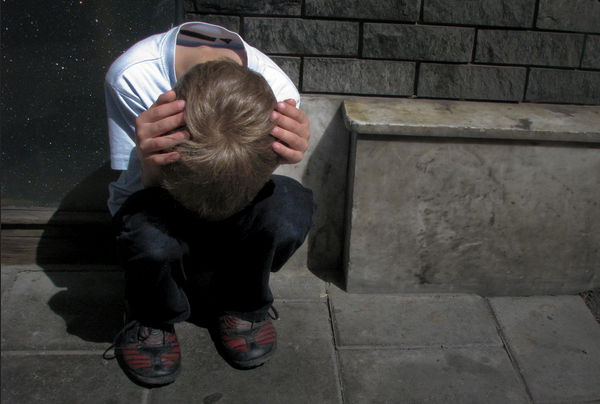Ranjit shares this latest news on behalf of the NSPCC. Ed
138,391 children in the South East who have been abused or neglected could be sidelined by mental health services as a result of changes being introduced by the NHS, NSPCC research suggests.
The local figure on the Isle of Wight is estimated at 3,535.
Call for more transparency
The charity is now calling on NHS England to set out how it will prioritise the needs of vulnerable children and for more transparency over how mental health services commissioning decisions are made.
The NSPCC analysed the latest annual mental health plans published by NHS Clinical Commissioning Groups (CCGs). The plans set out how they will care for children’s mental health, and the NSPCC found that 82 per cent were not properly planning for the needs of vulnerable children.
Inadequate or no plans for 1000s abused or neglected
In the South East this means that an estimated 138,391 children who have been abused or neglected are living in an area with inadequate plans for their mental health needs, or with no plans for their care at all.
While some progress has been made since 2015/16, the NSPCC is warning that this could be undermined and the NHS could lose sight of the mental health needs of vulnerable children, as responsibility for commissioning decisions moves from individual CCGs to new regional NHS partnerships that cover much larger geographical areas.
IW rated Amber
In the charity’s analysis, each plan produced by CCGs across England was given a ‘traffic light’ rating for its understanding of the needs of vulnerable children.
The Isle of Wight CCG was rated Amber.
For 2018/19, 74% were rated amber, 2% were rated red, and 6% did not publish an updated plan. 18% of plans were rated green, up from 14% in 2015/16, and the proportion of plans rated red has dropped from 37% to 2% in the same time period.
System struggling to properly plan for mental health needs
Existing evidence shows that children who have been abused or neglected are more likely to develop mental health problems such as depression, anxiety, eating disorders or PTSD.
NSPCC Head of Policy, Almudena Lara, said:
“Children who have lived through the trauma of abuse and neglect need all the support we can give them to help them recover.
“We know there are fantastic mental health services supporting lots of these children up and down the country. But it’s not enough, and a system that’s already struggling to properly plan for their mental health needs will render them all but invisible if action isn’t taken now by NHS England.
“Millions more children could be affected unless the NHS ensures that vulnerable young people are explicitly recognised in the new commissioning arrangements.”
Demands
The NSPCC is now calling for:
- A commitment from NHS England to put the needs of vulnerable children at the heart of its implementation of the NHS ‘Long Term Plan’
- Greater accountability and oversight from NHS England, with more transparency from commissioners on how mental health services for children are funded and planned.
- Decisions about what mental health services to provide around the country for children to be rooted in a detailed assessment of local needs, which includes specific reference to vulnerable children.





